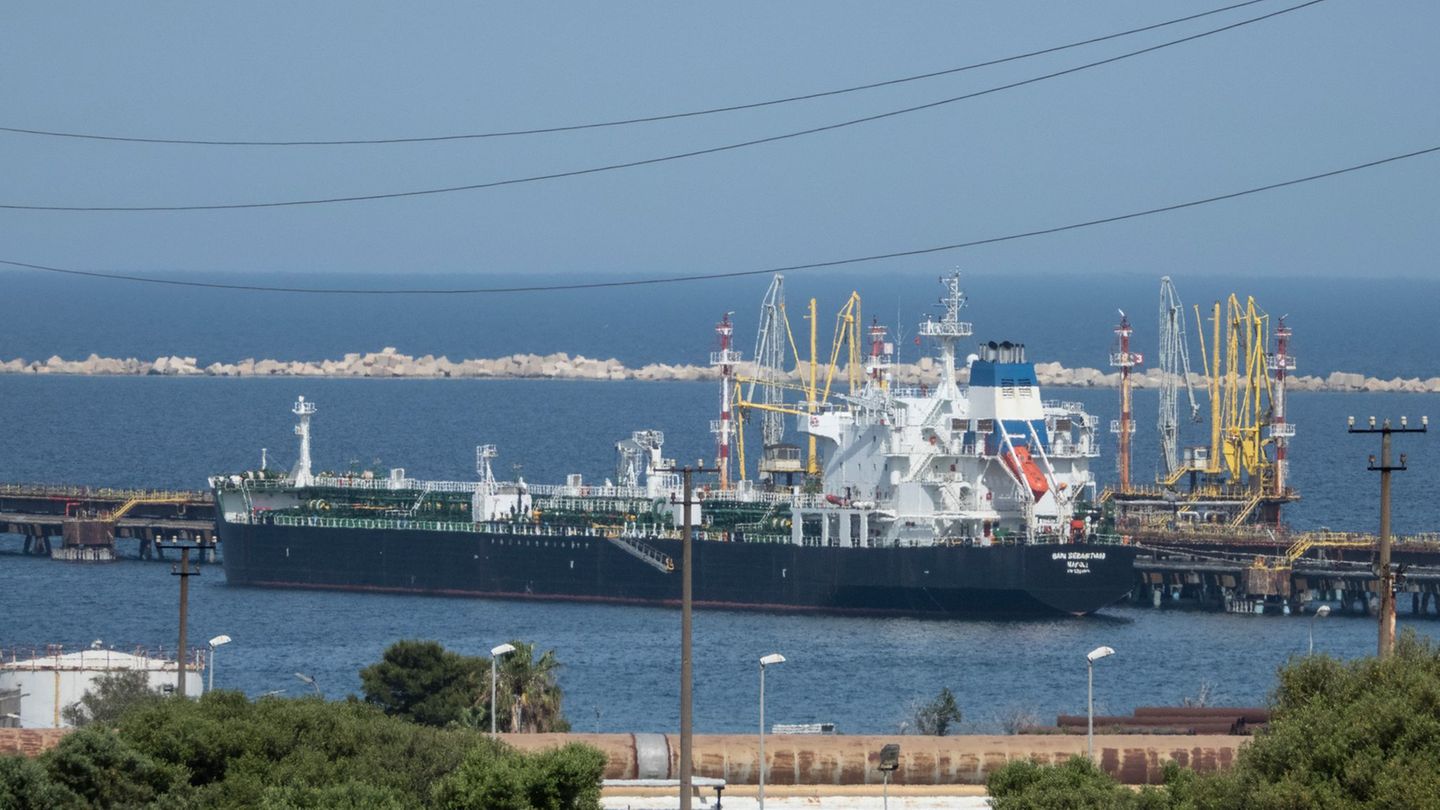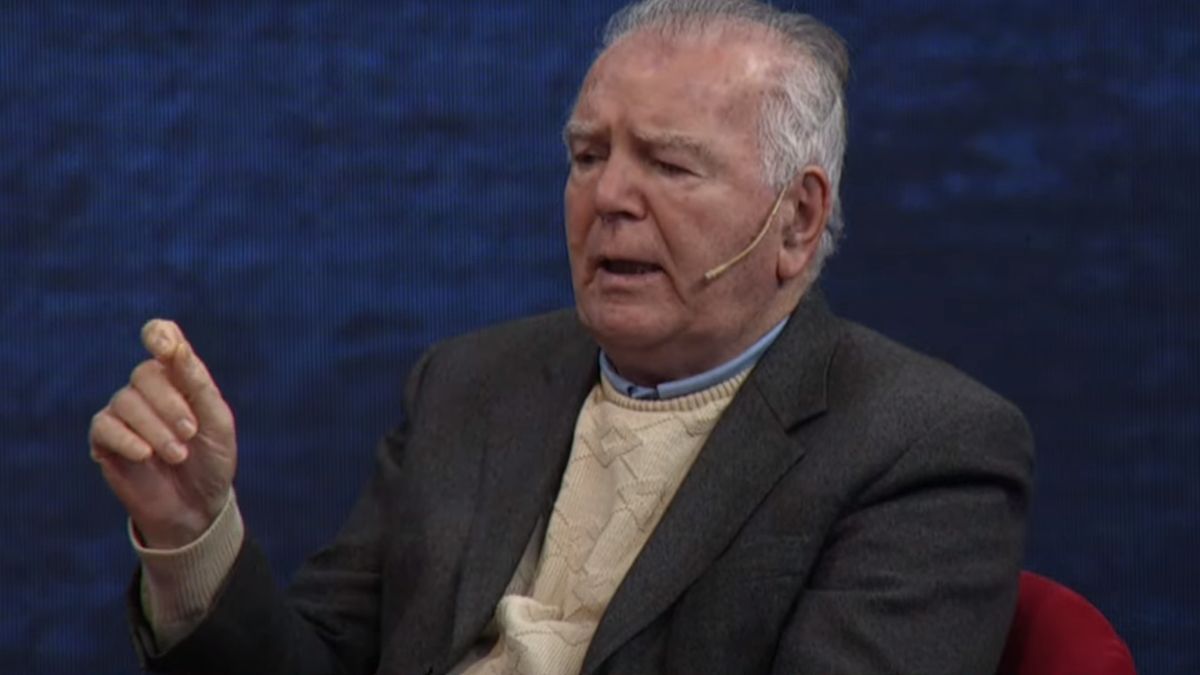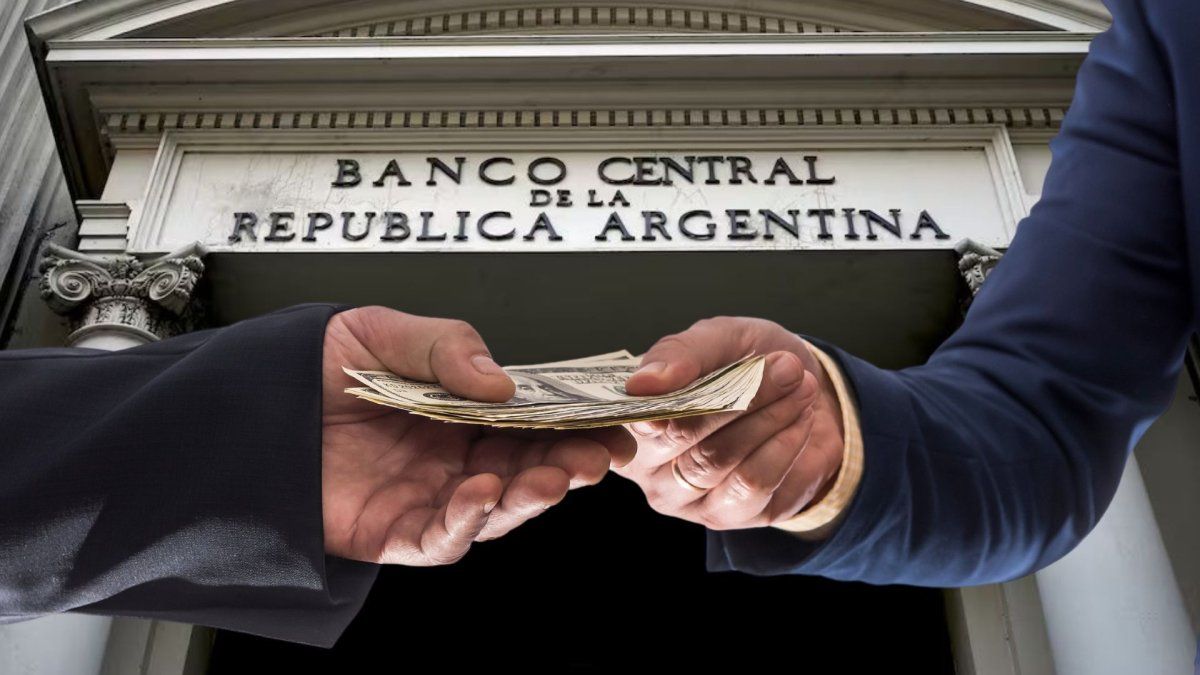The Ministry of Landscape wants to compensate for the possible consequences of the war for the farmers with a special permit. More than a million hectares are to be used for animal feed cultivation.
The Ukraine war is increasingly affecting the global agricultural markets. Price jumps and the threat of grain export failures are bringing food security into focus in some regions of the world.
In order to mitigate additional costs for animal feed, German farmers should be able to use additional areas. At the same time, Federal Minister of Agriculture Cem Özdemir is continuing to focus on more climate protection, among other things: “We cannot afford to ignore other crises that are already causing famine in the world today.”
As the first support for German farmers, certain “ecological priority areas” are to be released for fodder production this year, as the ministry announced on Friday. Normally, grass and other plants there have to be plowed under for soil improvement and are not allowed to be used. In total, it is a good one million hectares. Programs for more locally produced animal feed and for more renewable energy in agriculture are also to be funded.
EU funding is to be put to the test
The war brings “the vulnerable areas of our agricultural system before our eyes,” says Özdemir. It is now about quick help and about making agriculture less crisis-prone overall. The climate catastrophe and the extinction of species are problems that must be solved. “Everything we postpone today will take revenge twice and threefold tomorrow,” said the Green politician. If food security is a concern, protect the resources that agriculture needs to produce well and sufficiently.
The crisis has also sparked debate about the course of agriculture. FDP parliamentary group leader Carina Konrad demanded: “The aspect of food security must now be brought back to the center of agricultural policy.” Among other things, planned regulations of the new EU agricultural financing would have to be put to the test, with which area would be taken out of production. The consumer organization Foodwatch called for a reduction in animal populations. On a large part of the German agricultural area, it is not food for humans that is produced, but fodder for animal fattening.
It is also becoming more expensive in German supermarkets
Özdemir confirmed: “The supply of food in Germany is guaranteed. Anyone who claims otherwise is acting against the facts – and is politically irresponsible.” Looking to other regions of the world, however, concerns about food security are growing. If there are major cuts in exports and prices rise, millions of people are at risk of malnutrition, as the Food and Agriculture Organization made clear. The Asia-Pacific region, countries south of the Sahara, the Middle East and North Africa would be particularly affected. Around 50 countries depend on wheat from Ukraine or Russia.
Against this background, the seven leading industrial nations (G7) are committed to more open agricultural markets. It is important not to hinder them with export restrictions, said Özdemir after a video conference with his counterparts during the German G7 presidency. In addition, aid organizations should be supported so that they can continue to buy and distribute grain.
Food is also likely to become more expensive in Germany. “We assume that this war will cause prices to rise even further,” said Farmers’ President Joachim Rukwied of the “Augsburger Allgemeine”. The first bottlenecks are occurring with fertilizers. The prices are very high and will probably continue to rise. The background is that natural gas is required for the production of nitrogen fertilizer. Özdemir made it clear that the federal government is monitoring developments. However, he did not comment on possible further relief for consumers. The priority is the suffering of the people in Ukraine and the fight against hunger in the world.
Source: Stern
Jane Stock is a technology author, who has written for 24 Hours World. She writes about the latest in technology news and trends, and is always on the lookout for new and innovative ways to improve his audience’s experience.




